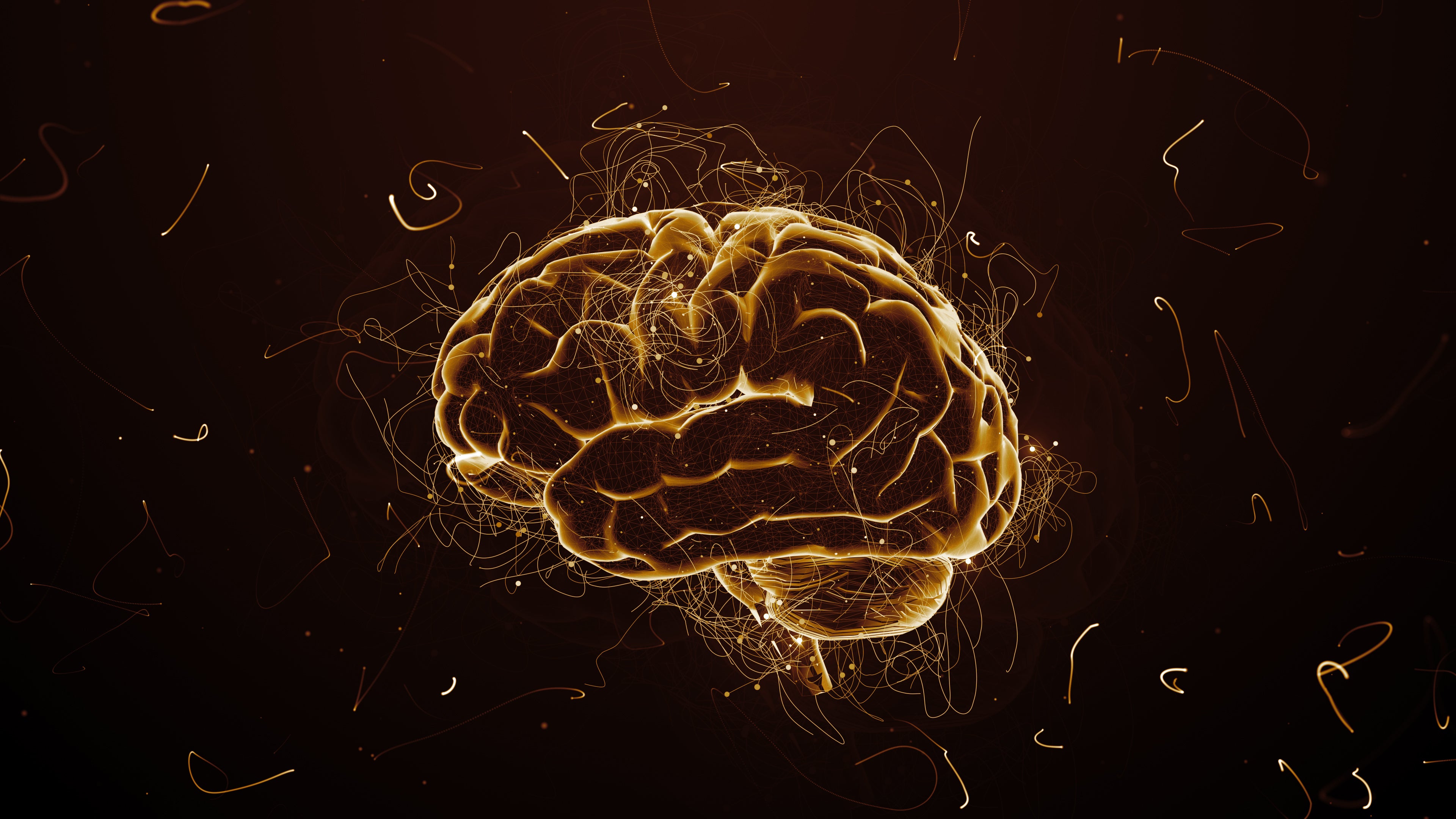
Nootropics, what is it?
This special expression appeared in professional literature as early as the early 1970s. The meaning comes from the ancient Greek words noos (perception) and tropein meaning turn, bend.
Nootropics therefore influence and strengthen the natural physiological functions of the brain through various mechanisms. Nootropics don't necessarily change the way the brain works, but they can just make it work better and increase efficiency. These substances help improve alertness, attention, concentration, decision-making functions, concentration, motivation and memory.
Caffeine
Undoubtedly the most famous and widely used natural stimulant in the world. Its positive effect on cognitive functions, alertness, mental fatigue, concentration or physical performance is undeniable.
Caffeine directly supports the central nervous system and has been shown to acutely increase the efficiency of neuronal networks in the human cerebral cortex. [1] Some areas with increased neuronal activity are associated with cognitive functions supporting attention.
Nicotine
Nicotine is not only tobacco and cigarettes, which have a very negative effect on health. In fact, nicotine itself has been shown to have cognitive benefits. Studies show that oral nicotine consumption improves reaction speed, fine motor skills, working memory [2] and improves memory consolidation during learning. This process is mediated by the increased efficiency of nicotinic acetylcholine receptors, which are responsible for memory functions in the nervous system.
Warning: Although research shows that in moderate doses nicotine supports cognitive function, in higher doses it suppresses cognitive performance.
L-theanine
This amino acid occurs naturally in green tea and has antioxidant and neuroprotective properties. It promotes mental alertness, memory, focused attention, feelings of calm and an increase in alpha waves in the brain. The combination of caffeine and L-theanine can promote a sense of alertness, focus and increased productivity with feelings of calmness and less stress.
You can read more about L-Theanine in the article: Everything you should know about L-Theanine
L-Tyrosine
Not to be confused with L-theanine. Although they have a similar name, their effect is quite different.
L-tyrosine or N-acetyl-L-tyrosine (a form of L-tyrosine) is an amino acid that is used as a nootropic because it acts as a precursor to the neurotransmitter dopamine. It is involved in brain functions related to motivation, reward, pleasure, memory and learning.
Lion's mane - Hericium erinaceus
Due to its effects, it is rightfully included among the most famous medicinal mushrooms and at the same time a nootropic. A significant part of the effects induced by Korálovec is related to the increase in the production of nerve growth factor (NGF). Nerve growth factor is a protein that is extremely important for the growth and survival of neurons in the brain. The effect of NGF was detected in the hippocampus, which is the center of memory and learning. According to a human study, it improves cognitive function, especially in individuals with mild cognitive impairment, and can reduce depression and anxiety. [3]
Ginkgo Biloba
In the Czech language, two-lobed ginseng ranks among the most researched herbs for brain health. It contains several important bioactive substances such as flavonoid glycosides, quercetin, kaempferol, ginkgolides A, B, C and other substances. The action of these compounds supports neurotransmitter systems, neurogenesis and cerebral blood flow. Ginkgo's best-known effects include support for attention, concentration, memory, and mood.
A considerable number of studies confirm the effects of G. Biloba on improving the speed of attention, the quality of memory and cognitive health. [4] [5] [6]
Bacopa monnieri
The use of this nootropic herb, also known as Brahmi, dates back 3,000 years to Ayurvedic medicine, where it was used to support brain function as a booster of memory, intelligence and cognitive performance. Indeed, results from double-blind, placebo-controlled studies show that Bacopa can improve cognitive processes such as learning and memory. [7] [8]
The trend of lower anxiety was also very convincing.
Alpha GPC
L-alpha-glyceryl phosphoryl choline (Alpha GPC) is one of the best sources of choline with a highly bioavailable form essential for the brain. Choline from Alpha GPC supports the metabolism of phospholipids in the brain and the production of the neurotransmitter acetylcholine, which plays an important role in attention and concentration, improves memory and facilitates learning.
Huperzine A
This extract from the Huperzia serrata plant is used to support memory and learning. At the same time, it also has some neuroprotective properties that are important for brain health. One of the best-known biological effects of Huperzine A is its involvement in acetylcholine signaling. Huperzine A has a strong inhibitory effect on acetylcholinesterase (AChE), thus slowing down the breakdown of the neurotransmitter acetylcholine and increasing its levels in the brain. As discussed above, acetylcholine plays an important role in cognitive function, particularly in the neural mechanisms of memory and the support of learning, attention and alertness.

Taurine
One of the most abundant amino acids in the brain, retina and muscle tissue. Its antioxidant properties play a key role in cell protection. Taurine is one of the substances that does not have a direct effect on brain function, but rather on its protection. However, it can undoubtedly be classified as a nootropic. Taurine protects cells, tissues and the brain from the toxicity of reactive oxygen species and excess metals by maintaining the integrity of cell membranes. [9]
Acetyl-L-Carnitine (ALCAR)
Unlike other forms of L-Carnitine, ALCAR has positive effects on improving cognitive function and shows effectiveness in depression. This effect is probably mediated by improved energy metabolism and increased amounts of dopamine and serotonin in the brain. [10]
At the same time, it exhibits anti-inflammatory and neuroprotective effects. [11]
Do you know how many of the aforementioned nootropics Focus contains ?
Whoever guessed "5" was right. And that's a really stimulating cocktail for the brain.



